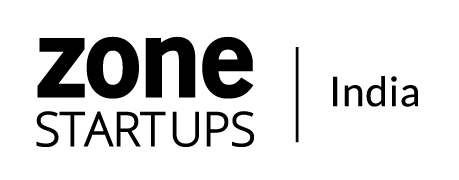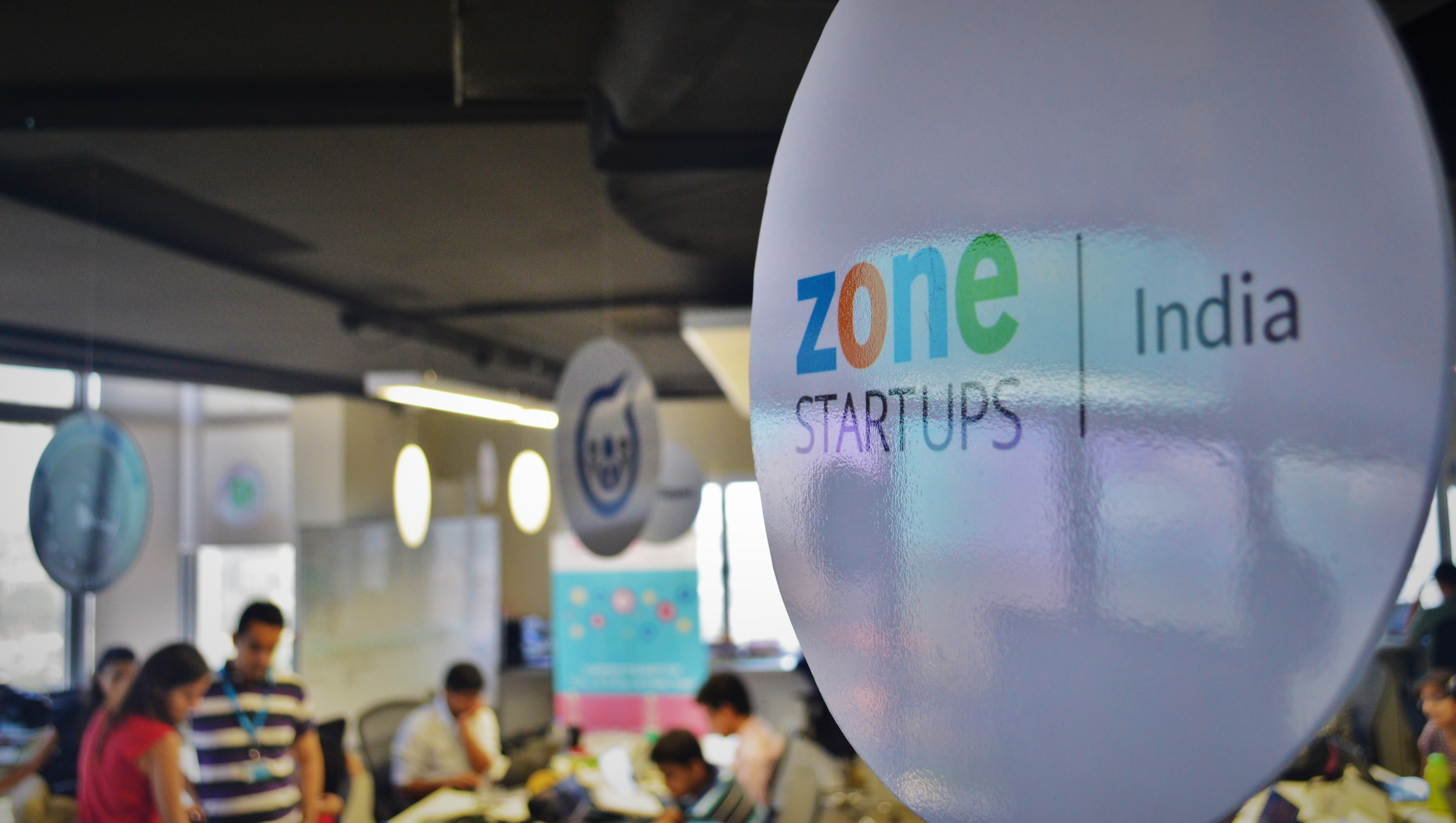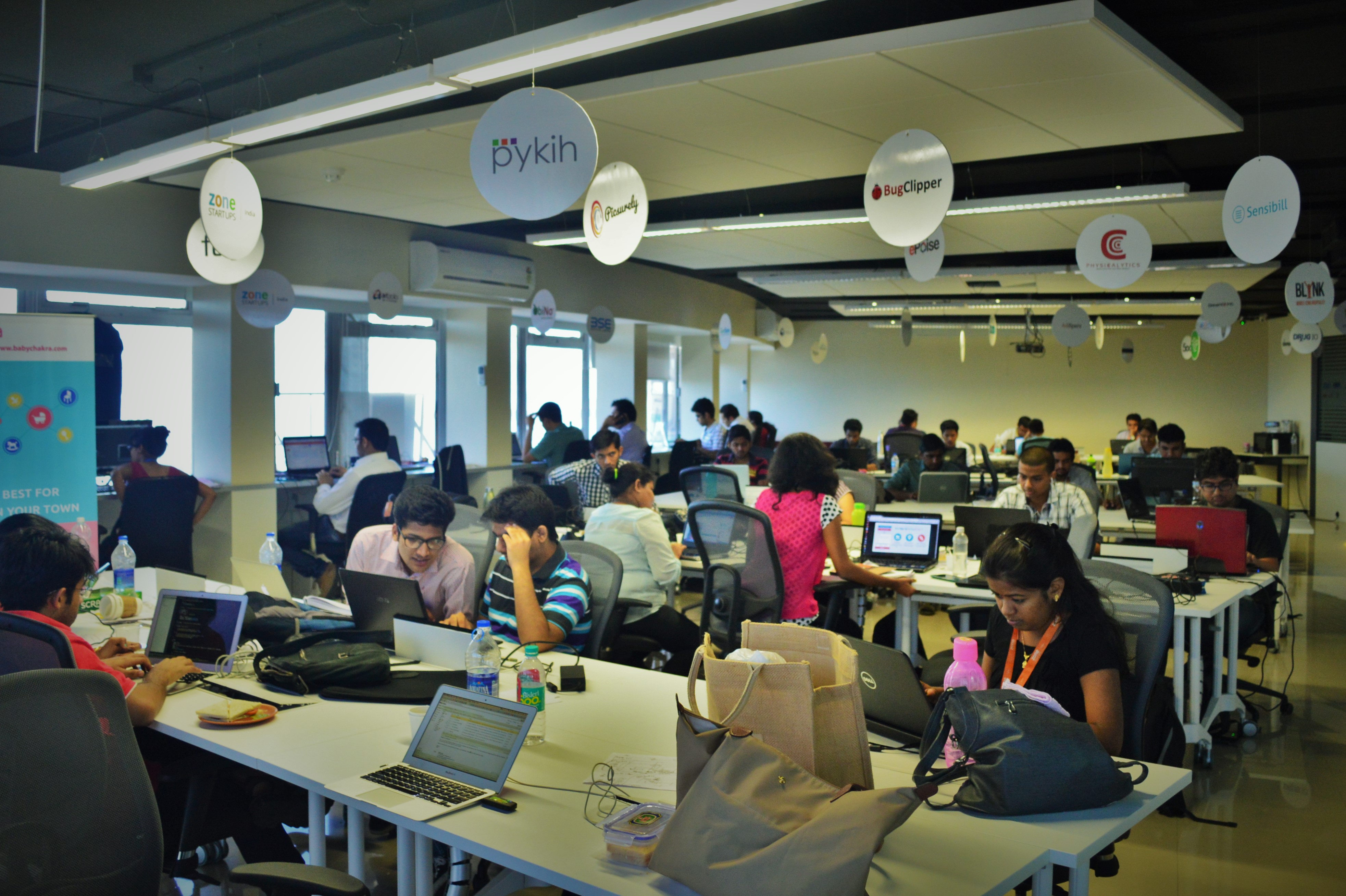Zone Startups India
We have a piece for you today from Ajay Ramasubramaniam, Director of Zone Startups India, the international footprint of Toronto-based Ryerson Futures Inc. – the technology accelerator and early stage investment arm of Ryerson University. Their flagship program in India is set up as a joint venture with the BSE Institute, a subsidiary of the Bombay Stock Exchange.
>At Zone Startups India, we work with early stage technology startups (enterprise tech and consuner tech), and provide validation, industry connect and investor connects. Our main focus is to enable enterprise startups to get their first 5 paying customers. This helps validation, longer bootstrapping and better valuation/funding prospects.
Globally, the banking and financial services industry is witnessing its “Napster” moment, through the emerging Fintech revolution. The music industry stakeholders came together, and brought about the shutting down of Napster; however, that didn’t stop the way music started getting distributed and consumed. The new world order for the music industry had set in. The fact is that change is inevitable, and now, with emerging fintechs, banks must embrace it.
2015 was the breakthrough year of Fintech, globally; with several banks and financial services companies launching accelerators, investment funds, innovation labs etc. and over $14 Bn being invested in Fintech globally.
India has been no different. The world’s largest democracy, has also seen big changes in an otherwise traditional industry. Banks have been talking startups, accelerators, open-innovation, blockchain, artificial intelligence, bots, open-source, API’s, robo-advisory etc. Yes, they all talk that language. Fintech is increasingly becoming an oft-used terminology in casual conversations, the same way they talked about “cloud” or “the Internet of Things.”
On the innovation front, last 2 years has seen Bangalore (and India) leapfrog into the top-5 global innovation hubs for corporate innovation. Big multinationals such as Airbus, Barclays, Target, Société Générale, SwissRe, Microsoft, Google, Pitney Bowes have an active startup or innovation program in India. This represents a major shift in the thinking of large corporates, acknowledging the work being done by startups working on emerging technologies. More so, corporates are willing to engage with startups to do pilots.
It is very important that corporates continue to remain an actively engaged stakeholder, to foster and bolster any startup ecosystem. While startups bring new technology and agility to the fore; corporates bring experience, industry know-how, access to customers and distribution capabilities.
As Zone Startups, we are in a prime position to talk about some of the developments, as we have been heavily involved in corporate innovation within the Fintech domain in India. Currently we manage India’s only 2 fintech accelerators with a dedicated infrastructure – Barclays Rise Accelerator (Mumbai) and Axis Bank ThoughtFactory Accelerator (Bangalore). We have also executed varied corporate innovation mandates for the likes of HDFC Bank, ICICI Lombard, Bajaj Allianz Genral Insurance and a leading global financial technology company, to name a few.
Managing 2 fintech accelerators at the same time can come with its own share of challenges. However, we are lucky in a way, that on one hand we have a 326-year old global bank; and on the other, we have a young and progressive Indian bank, ranked amongst the top-5 in the country.
Let me mention a few pointers on both the programs:
RISE Accelerator
The Rise Accelerator, created by Barclays, in partnership with Zone Startups, is India’s first global FinTech accelerator programme. The program is based on the foundations of “Connect. Co-Create. Scale”.
Some of the program highlights include:
• Access to Barclays technology (API, Data), insight and expertise
• Help from Barclays and its corporate partners to find your Product/Market Fit
• Dedicated access to onsite mentors and advisors
• Introductions to key industry experts
• Access to international markets through the Barclays and Zone Startups networks
• Residency in Rise Mumbai – a world-class co-working space with state-of-the-art facilities
• Opportunity to present to investors, industry experts and strategic partners at the Rise Accelerator Demo
• $100,000 plus worth of cloud credits
At the Rise Accelerator, we are looking for startups building an amazing solution using any financial technology. We are more interested in a great team, with a passion for digital innovation, and ideas that can improve, simplify or positively disrupt financial services.
Axis Bank Accelerator, ThoughtFactory
ThoughtFactory is a unique model in itself. It is hybrid program that consists of an accelerator and a co-innovation lab. The co-innovation lab had been staffed using a Hack4Hire model, wherein Zone Startups put together a hackathon to hire 13 candidates across 4 roles ranging from solutions architect, developers, product management and intrapreneurs. Axis Bank will seed problem statements to the co-innovation lab, and new products will be built ground up and can potentially lead to spin-offs. With over 4,000 branches pan-India, Axis Bank has a wide reach and thereby presents a solid opportunity for fintech startups wanting to work with a leading Indian bank.
The takeaways for startups include:
– access to senior leadership from Axis Bank
– working towards a proof-of-concept with the bank during the acceleration; thereby leading to industry validation
– opportunity to get funded or engage in a strategic deal with the bank, post acceleration
Both, Axis Bank and Barlcays have taken a leap of faith, in terms of committing resources and budgets for setting up one of India’s first fintech accelerators; each being 10,000 sqft prime spaces in premium locations in Bangalore and Mumbai, respectively. However, there has been a lot of prior engagements in both cases, before the management decided to set up accelerators.
Axis Bank and Barclays have actively run product hackathons and curated demo days in the past year, to develop a rapport with the startup community in India. They have both gone ahead and done POC’s with selected startups, to further explore compatibility. So, a lot of homework done there.
Likewise, several other banks and financial services companies have been constantly trying different models (hackathons, demo days, co-innovation, intrapreneurship) to connect and engage with startups. This has given a confidence to startups as well, that banks are open to partner with them, and are willing to do away with standard processes set up internally for engaging with traditional IT vendors. There is still a long way to go but, a positive intent is definitively there.
Lastly, there is a strong undercurrent brewing, by the name of “India Stack”, a comprehensive API documentation that integrates key digital components, which can revolutionise digital financial inclusion. This is a policy-linked gamechanger, championed by iSPRIT, a national think tank. The India Stack is a sandbox that integrates Aadhaar (India’s National ID program), with UPI (Unified Payment Interface) championed by NPCI (National Payments Council of India) along with e-KYC and e-Sign. The uptake of India Stack can definitely revolutionise services to the unbanked and the under-banked, which constitute almost 60% of India’s population, in addition to several other offerings that can truly bring about a digitally inclusive economy.







